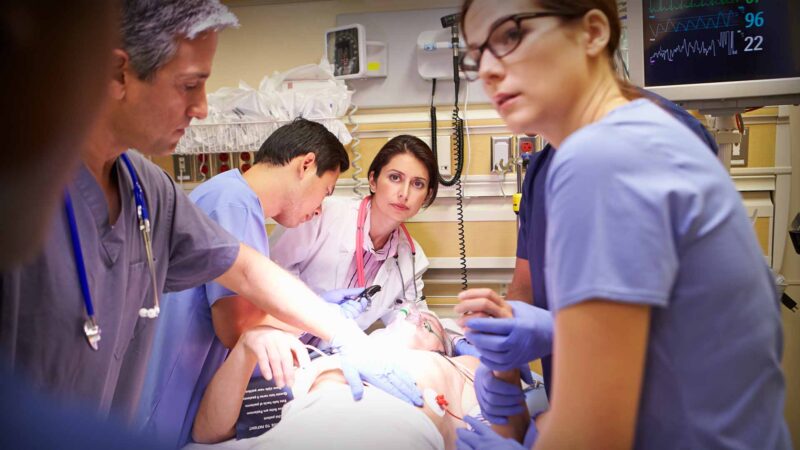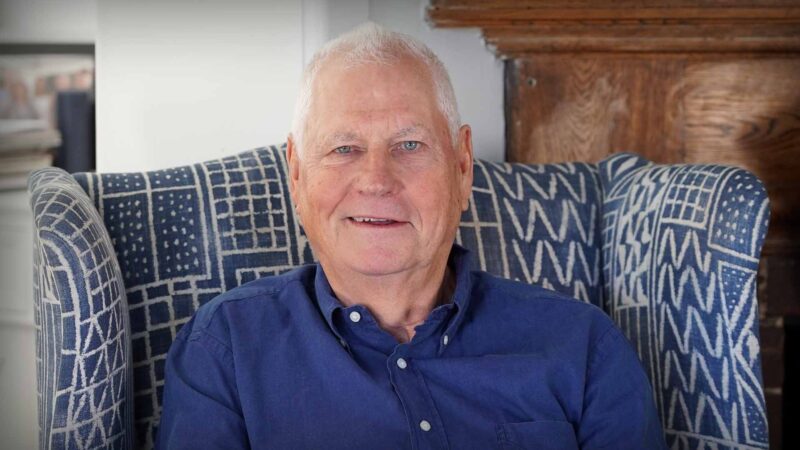INTERVENTIONAL AND STRUCTURAL CARDIOLOGIST BROADENS HOBART’S SURGICAL ABILITIES Tasmanian born, bred and educated cardiologist
With
Dr Heath Adams,
Interventional and Structural Cardiologist
Director of Structural Intervention, Royal Hobart Hospital &
Visiting Medical Officer (VMO) Cardiologist
Hobart Private Hospital &
Adjunct Senior Researcher
Menzies Institute for Medical Research,
University of Tasmania
PEOPLE IN HEATH CARE | AUSTRALIAN HEATH JOURNAL SEGMENT
Filmed in Hobart | March 2025
Dr Heath Adams is a Tasmanian born, bred and educated interventional and structural cardiologist who works at Hobart Private and Royal Hobart Hospital and is a researcher through the Menzies Research Institute.
Dr Adams clinical interest and expertise is in the management of aortic stenosis, valvular heart disease and acute coronary syndromes. Dr Adams performs coronary interventions including stenting, and structural heart interventions including TAVI, mitral edge to edge repair, mitral valve replacement and left atrial appendage closure. In 2020, Heath performed the first TAVI in Tasmania, is the clinical lead for the local program at the Royal Hobart Hospital and is a nationally accredited TAVI practitioner.
Dr Adams achieved First Class Honours in MBBS at UTAS in 2009. He achieved a Fellowship of the Royal College of Physicians in Adult Cardiology in 2016 after training appointments in Victoria. In 2019, he was the structural heart fellow at St Thomas’ Hospital, London, a worldwide centre of excellence in TAVI and structural heart procedures. This fellowship was supported by the prestigious Dr MG Ciezar Memorial Scholarship in cardiovascular medicine from the University of Tasmania.
Dr Adams has published over 50 manuscripts and abstracts in peer-reviewed journals and has been involved in authoring educational book chapters on TAVI. His current research involves streamlined TAVI, assessing frailty outcomes post valve intervention and performing large-scale real-world outcomes with new structural heart interventions. Dr Adams is a clinical supervisor for trainee physicians at the Royal Hobart Hospital, is a member of the CSANZ Interventional Council.
Heath is passionate about clinical innovation, research and patient outcomes. In his free time, Heath enjoys bushwalking, running, cycling and trying to better his golf game whilst being a busy father to 3 children under the age of 6.
Source: supplied and supplemented
You Might also like
-
Landmark research projects tackle critical issues in emergency healthcare
For two decades, the demand for emergency department services in Australia has outpaced population growth and wait times have increased. In 2022-2023 more than 8.8 million emergency department presentations occurred nationwide.
While demand is a contributing factor, EDs are currently being impacted by various factors across the entire health system.
The Emergency Medicine Foundation (EMF) is a non-profit organisation funding innovative Australian research that improves the way people are cared for in a medical emergency. The aim of the research is to deliver better and more effective health services to save lives and money.
-
Jamie Stanistreet talks Medical Technology
Jamie Stanistreet
Retired Managing Director Medtronic Australia and New Zealand
talks Medical Technology in Australia and the Asia-Pacific -
Continuing education program leads to better conversations
Medicines Australia’s Continuing Education Program (CEP) is designed to educate medical representatives to a recognised industry standard. Dr Tristan Ling, CEP Academic Lead and Project Manager at the College of Health and Medicine, University of Tasmania talks about the 900 students that come through the program each year.
The CEP is primarily directed at medical representatives working within the prescription medicines industry, but is also recommended to people who may not be currently employed within the industry but would like to pursue a career as a medical representative. It is also available to personnel working for organisations interacting with the pharmaceutical industry.



